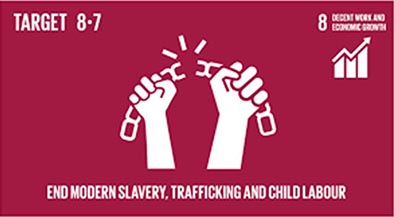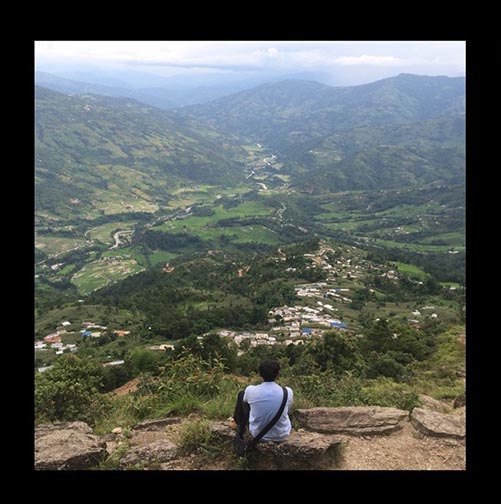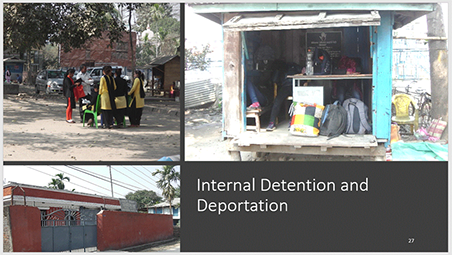
Dr Ayushman Bhagat, Edge Hill University talks about “Human Trafficking” which is one of the most politically charged categories of the 21st century. While the dominant paradigm of human trafficking mobilizes the rhetoric of trafficking and demands more anti-trafficking measures to pre-emptively protect migrant workers (Bales, 1999; Kara, 2017), often by victimizing them, the critical paradigm had already established, at least in the scholarly circuits, the collateral damage of anti-trafficking interventions (Kempadoo and Doezema, 1998; GAATW, 2007). Critical scholars often question the assumptions of the exclusionary discourse of trafficking (Sharma, 2017), lack of empirical data on victims and their traffickers (Sharapov, 2017), poor methodological choices of trafficking and anti-trafficking research (Tyldum, 2010). However, despite presenting a wide range of ideological, theoretical, empirical, and methodological critiques, critical anti-trafficking literature still struggles to properly combat the emotional charged and conservative rhetoric of the dominant paradigm of trafficking outside the academic boundaries.

Drawing on Participatory Action Research, in an area identified as the ’hot-spot’ of trafficking in Nepal, this research underpins the critical voices of those who are impacted by the discourse of trafficking the most. I unpack unique participatory action research conducted in a Himalayan village of Nepal, border ethnography conducted along the national highways of Nepal, four Indo-Nepal border checkpoints, and four International Airports – Kathmandu, Delhi, Colombo, and Kuwait. Synthesizing the empirical materials, I argue that borders are the central experience of the targets of the discourse of trafficking.
I contribute to the critical anti-trafficking literature by offering an empirically charged conceptualisation of trafficking borders. This paper contributes to the nascent juxtaposition of critical anti-trafficking and critical border literature and argues that in an attempt to pre-emptively protect migrant workers from “human trafficking”, anti-trafficking interventions produce a variety of borders that control, dominate, and shape their mobility. Whilst trafficking borders are restrictive formations that bring together several actors, institutions, practices, and resources to protect migrant workers from human trafficking, prospective migrant workers often escape and subvert these borders to enter their labour relations. I conceptualise these spaces of restriction and negotiation as trafficking borders.

Ayushman’s webinar was held on Friday 10th December.

